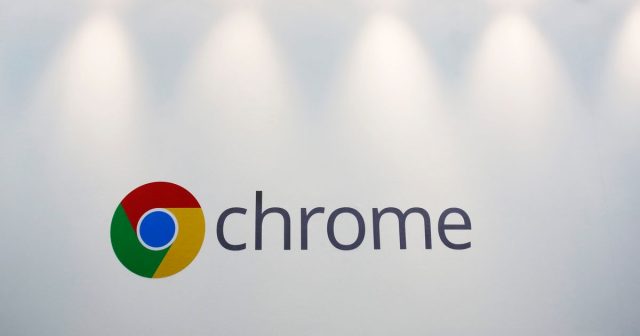

Google states it will “period out” just one of the main resources that enables organizations to observe you across the website.
The organization programs to reduce support for third-party cookies in Chrome more than the subsequent two years. Google’s announcement, which comes effectively after Chrome’s main competitors have created equivalent updates, could be a major get for privateness advocates who have extensive decried the use of cookies for enabling organizations to surreptitiously monitor users’ browsing routines.
But, as we’ve beforehand famous, Google’s tries to limit cookies could also give the enterprise a big leg up on advertising and marketing rivals, as it would lessen 3rd-parties’ skill to retain tabs on buyers.
Some brief context: cookies are applied by websites to primarily “try to remember” who you are. This can be helpful for, say, logging into an account or trying to keep things in an on the web searching cart, but cookies are also one particular of the principal techniques electronic advertisers continue to keep tabs on your on line whereabouts. When you go to a web site whose advertisers use cookies, they’re going to be ready to track you as you visit other internet sites that also use their cookies. Which is why the similar products and solutions and advertisements typically show up to “follow” you all around the net.
That may perhaps be wonderful for advertisers, but it also will make the online experience creepy, which is why other browser makers, like Apple’s Safari and Mozilla’s Firefox, have also made moves to block the sort of cookies that track you throughout websites, like people applied by Fb.
Google, on the other hand, is using a extra cautious method. The firm states it desires to make sure privacy for buyers, but not at the price of decimating the advert sector on which it depends. Director of Chrome engineering Justin Schuh reported Google believes that its competitors’ actions will finally hurt organizations that depend on on the web advertising to continue to be in business.
“Some browsers have reacted to these concerns by blocking 3rd-celebration cookies, but we believe that this has unintended implications that can negatively impact each customers and the net ecosystem,” Schuh wrote. “By undermining the enterprise product of quite a few advertisement-supported websites, blunt approaches to cookies stimulate the use of opaque methods these as fingerprinting (an invasive workaround to replace cookies), which can actually lessen user privateness and handle.”
But looking at that Google Chrome is the most dominant browser, Google’s eventual actions will likely be considerably more influential than its competition — for superior or worse. The negative information is that this change towards a (slightly) much more non-public world wide web could even now acquire a lengthy time.
Whilst Schuh suggests the “intention” is to make this shift to a cookie-a lot less internet in the next two decades, the work could conclusion up taking for a longer period as the business plans to hold out for other people in the marketplace, like advertisers and publishers, to agree on long term specifications prior to it can make any sweeping modifications.
Till then, at minimum we have Safari and Firefox for anti-Facebook tracking.







